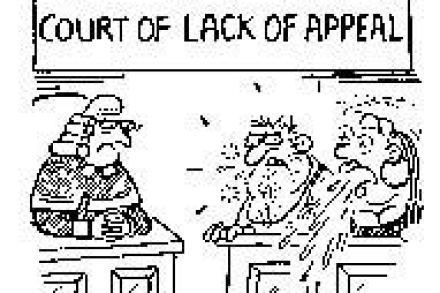Concrete and carbuncles
‘London smells Tory,’ announced Ian Martin, the Beachcomber of architectural journalism post-Boris in his weekly column in the Architects’ Journal. Heritage wars have broken out over the future of a concrete housing scheme, Robin Hood Gardens in East London by Alison and Peter Smithson, that is beloved of architects, but not, it seems, of many others. The Guardian devoted a page to complaints from classical architects that they were excluded en bloc from the Riba awards that lead to the Stirling Prize, and The Spectator is shortly to conduct a debate on whether Prince Charles’s opinion, delivered nearly 25 years ago, concerning glass stumps and monstrous carbuncles, remains as valid





